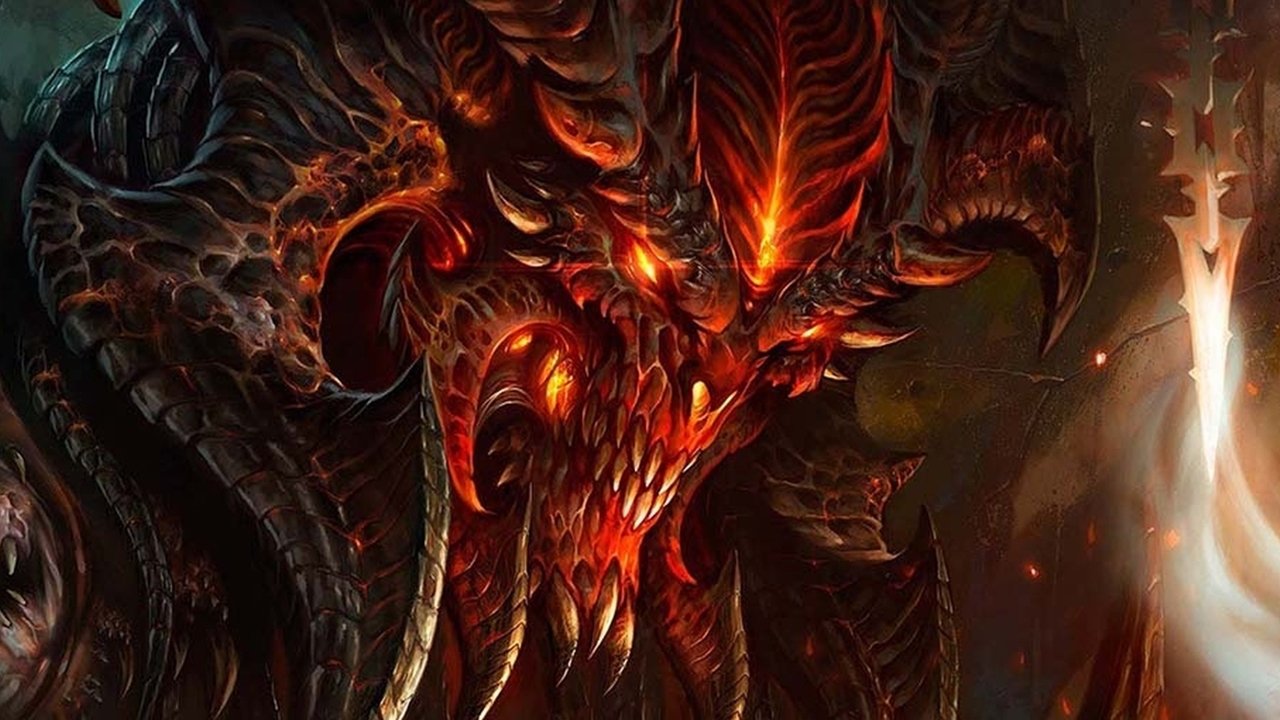This horse is long since dead and has been beaten for years, but, man, it seems like nothing has changed. Regardless of how often players, journalists and critics alike launch invectives against the use of obtrusive Digital Rights Management (DRM) in videogames (and regardless of how logical or well-stated these arguments may be), publishers don’t seem to have wised up any. Here’s the thing: marring the launch of Diablo III, an enormously anticipated, largely single-player videogame by locking players out with server-based DRM is a huge misstep. It is the kind of thing that illustrates why there need to be new ways of thinking about the problems that these solutions are meant to fix.
As someone who wasn’t even looking forward to getting into Diablo III (but, yeah okay, with a partner who was) I was still annoyed to hear of just how badly the release went. The first week following the game’s launch was filled less with headlines about people having fun with the time sink of dungeon crawling and demon clicking than it was with news stories regarding players being unable to connect to Diablo’s solo campaign because of errors related to developer/publisher Blizzard’s overloaded servers. After waiting years for the title to launch, enthusiastic fans were barred from playing offline modes because the game requires a constant internet connection to play. The fact that Diablo III’s online verification is anything but a step toward hopping into multiplayer or the official auction house seems horribly misguided. I mean, this is a game that people waited for at midnight launches, took days off work to play and otherwise slavered over for somewhere around a decade, only to find that anti-piracy measures blocked them from enjoying it once they had the product installed and ready to go.*
DRM does not necessarily have to be this way. Valve’s Steam requires players to sign in to an online account and run their games through their service in order to work properly — a system that would meet many of the same demands that Blizzard has for Diablo III — but also allows for offline play (of offline games) and the ability to synchronize save files to Steam’s cloud service without crashing games because of an internet connection hiccup. Sure, Steam isn’t perfect, but it does provide a model for piracy conscious publishers to embrace. It runs in the background, effectively complicates playing pirated games and even provides a template for how to let users sell virtual items to one another for real money from within itself.
Blizzard is a company that will happily push back its titles in order to constantly reiterate on systems and perfect game balance in order to encourage longevity. The company’s fans put up with this because they expect that once the games are done, they are actually done. Diablo III’s lengthy beta (including a three day public stress test) should have been enough to iron out the majority of these problems and ensure that, if Blizzard was adamant about using the style of DRM they have chosen, that their game would have been ready to play as soon as it was in consumer hands. After years and years of careful design and polish, botching what could have been one of the simplest aspects of the game’s release — its online connectivity — seems almost unbelievable.
It hardly even matters whether or not you care about Diablo or Blizzard at all: the real problem here is that players are willing to put up with business practices that serve to protect the vendor while actively disrupting the buyer’s ability to enjoy the product they’ve paid for. Because Diablo III is such a high profile title Blizzard is able to get away with this sort of thing with no real impact on its bottom line, but there should still be some level of outcry any time a business — regardless of the quality of its product — treats its customers so badly. There’s obviously no point in suggesting a boycott. People will buy the game anyway because, well, they’re willing to deal with dropped connections and login errors in order to play something they’ve looked forward to so much, but it’s still worth voicing concerns publicly in some hope that Blizzard (or at least other developers/publishers) will hear them and take them into consideration.
After all, if they don’t listen there are plenty of other studios willing to pick up the slack with, say, games like Torchlight that unhappy buyers may be more likely to gravitate toward simply because they have more goodwill toward a Diablo-style title that actually lets them play with greater convenience than an official Diablo game. *These measures don’t even seem to work as intended. While writing this piece news popped up detailing hacked Diablo III accounts that have seen in-game money and items stolen from players.
***
Reid McCarter is a writer, editor and musician living and working in Toronto. He has written for sites and magazines including Kill Screen, The Escapist and C&G Magazine. He founded, writes and edits the videogame blog digitallovechild.com and is Twitter-ready @reidmccarter.




